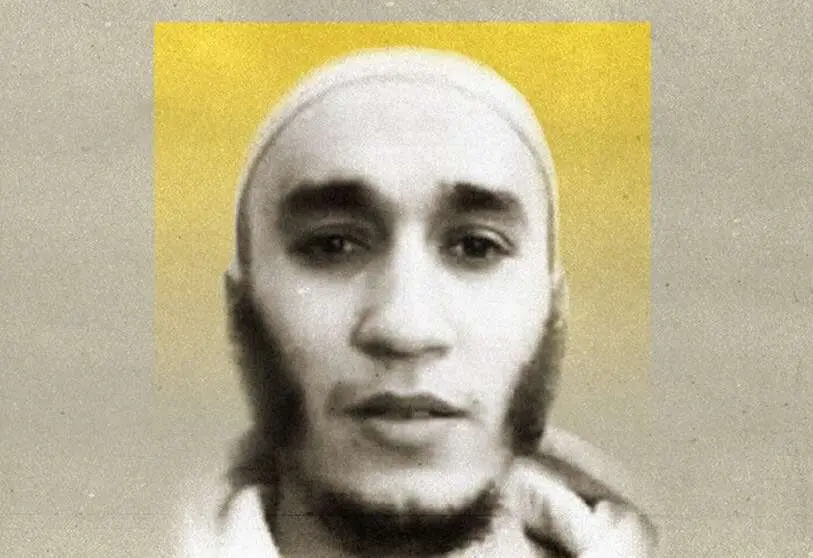El islamista radical Mohamed Hajib llama a la rebelión contra las instituciones marroquíes desde Alemania

Morocco takes seriously the threats of Mohamed Hajib, a German-Moroccan Salafist accused of spreading messages of incitement to violence and apology for terrorism through his social media profiles, according to the authorities. In them, Hajib harshly attacks the Alawi Kingdom and the monarch Mohammed VI, and instigates his followers to rise up against Moroccan institutions. He also denounces the Makhzen, referring to the country's ruling elite, for 'serving the interests of the West'.
The Moroccan authorities consider him a potential threat to Morocco's national security and stability. Hajib embodies the radical political Islamism rejected by Rabat, and spreads his words on platforms such as Facebook, where he has nearly 37,000 followers, and YouTube, where his videos have around 30,000 views. In some of them, Hajib calls on his followers to rebel against the government and die "like a martyr".

Hajib landed in prison in June 2010 on charges of financing terrorism and membership of a criminal organisation. A judge sentenced him to 10 years in jail, seven of which he served in Toulal prison. He was arrested by the Moroccan justice system after having entered Pakistan illegally, where he was arrested by the authorities and deported to Germany. From Frankfurt airport, he was extradited directly to Morocco, where he finally sat in the dock.
A Tablighi, a purist interpretation of Islam, Hajib was suspected of having tried to join the Al Qaeda terrorist organisation in 2010 during his trip to Pakistan. According to his account, however, he visited the Asian country to make a pilgrimage to one of the holy places of his faith. Once in Morocco, Hajib himself denounced having been subjected to torture and threats at the hands of the Moroccan National Judicial Police Brigade (BNPJ). These accusations were vehemently refuted by Rabat and questioned by several Islamic leaders.

After his release from prison, he returned to Germany. A native of Tetouan, Hajib retains Teutonic nationality and currently lives in Duisburg, a city near Düsseldorf. From there he regularly urges his followers to take action against the institutions of his country of origin. The Moroccan authorities denounced Hajib for the content of his videos, but the Duisburg public prosecutor's office found no evidence of a criminal offence, interpreting Hajib as exercising his right to freedom of expression.
Moroccan security forces tried to arrest Hijab in August with an international arrest warrant submitted through Interpol. The warrant was eventually rejected by the organisation's general secretariat in Lyon. According to Morocco, Germany's judicial inaction in relation to Hijab constitutes one of the basic axes of the tensions between Rabat and Berlin that have been developing in recent months.

For this reason, among others, the Moroccan government recalled the German ambassador to Rabat for consultations in May. Morocco reprimanded Germany for having avoided recognising its sovereignty over Western Sahara, its role in the Libyan crisis and, above all, for 'acting with complicity towards an ex-convict for terrorist acts', in reference to Mohamed Hijab himself. Unlike Madrid, which has made efforts to improve its bilateral relations with Morocco, Berlin has not yet followed this path.









